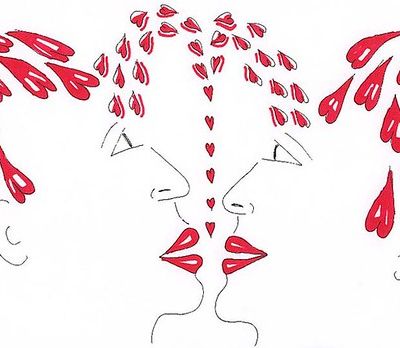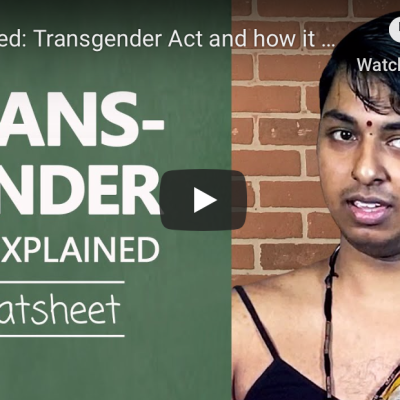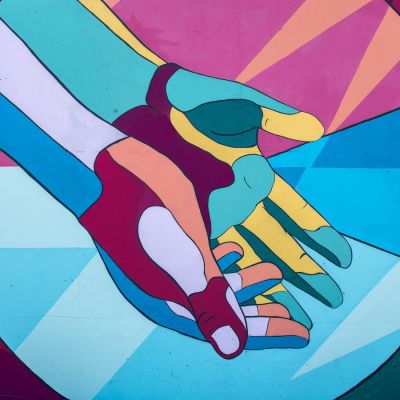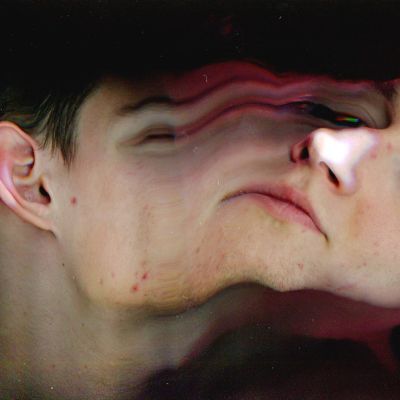LGBTQIA
I am going to share a personal queer reading to help put forth what I mean. One day, while I was reading the gospel of John for my family, the final words of Jesus, made me wonder whether Jesus could have been gay.
Allred’s story is important because it shows us how an individual used her knowledge, power, and position to challenge the legal system in demanding rights and equality, especially for women and LGBTQ+ people.
Trans rights activist Kanmani Ray succinctly lays down the concerns around the Act, points out how its language reinforces the gender binary and highlights the fact that while seeking to protect the rights of trans people, the Act in fact discriminates against them.
Most of us, during childhood, internalised the lesson that sex or pleasure is ‘dirty’ and ‘bad’. Artists around the world are increasingly using ‘tactile art’ to challenge the shame and embarrassment that people feel when they look at their bodies.
The virtual world allows me to challenge the hold of patriarchy on my ‘effeminate’ body; in a sense, it allows me to evade the policing of desire that my body shares with another, its flows and slippages, the messy and the unkempt.
Some nights I worry that if birth control for men is indeed released, clinical trials of which were suspended in 2016 as its side effects, incidentally the same as what women have been dealing with for ages, were just not worth it, it would be named Fuckboi.
For a long time, female bodies were considered similar to male bodies, just shorter, and most research and medical trials focused primarily on the male body with the assumption that the same would work on the female body.
Cyberspace has given the queer woman a chance to problematize the existing gender and sexual identities which, like any identity, is not static. It allows her to create and occupy spaces which will give her freedom and power in a way that the misogynistic physical world cannot provide.
Facebook. Google. Apple. Microsoft. Amazon. As the white male-dominated Big Five in Silicon Valley monopolise most platforms that guide online interactions almost everywhere outside China, any aspiration towards a feminist revolution has become capitalised.
As advocates of safe, inclusive and sexuality-affirming spaces, we can explore different ways to ensure that the people we are interacting with on dating platforms are legal adults and are not merely wearing a mask of adulthood.
It is rather edifying to find information that one can relate to through a solitary rectangular box. Over time, this solitary box somehow stuck around while everything around it changed as the world moved even further into a digital era.
Therapy is a space to heal and grow. It helped me to accept my identity as an anxious, cisgender, South Asian, bisexual woman. Moreover, I have come up with the perfect response next time someone asks me, “But why do you think you are bisexual?”
Being an adolescent is never easy. It is the beginning of one’s life journey to answering the ultimate existential question:…
As we sat down brainstorming about what course we were going to take next for As You Are (AYA –…
1. A Certain Type of Life since the age of 16 I idealised a certain type of life involving certain…















